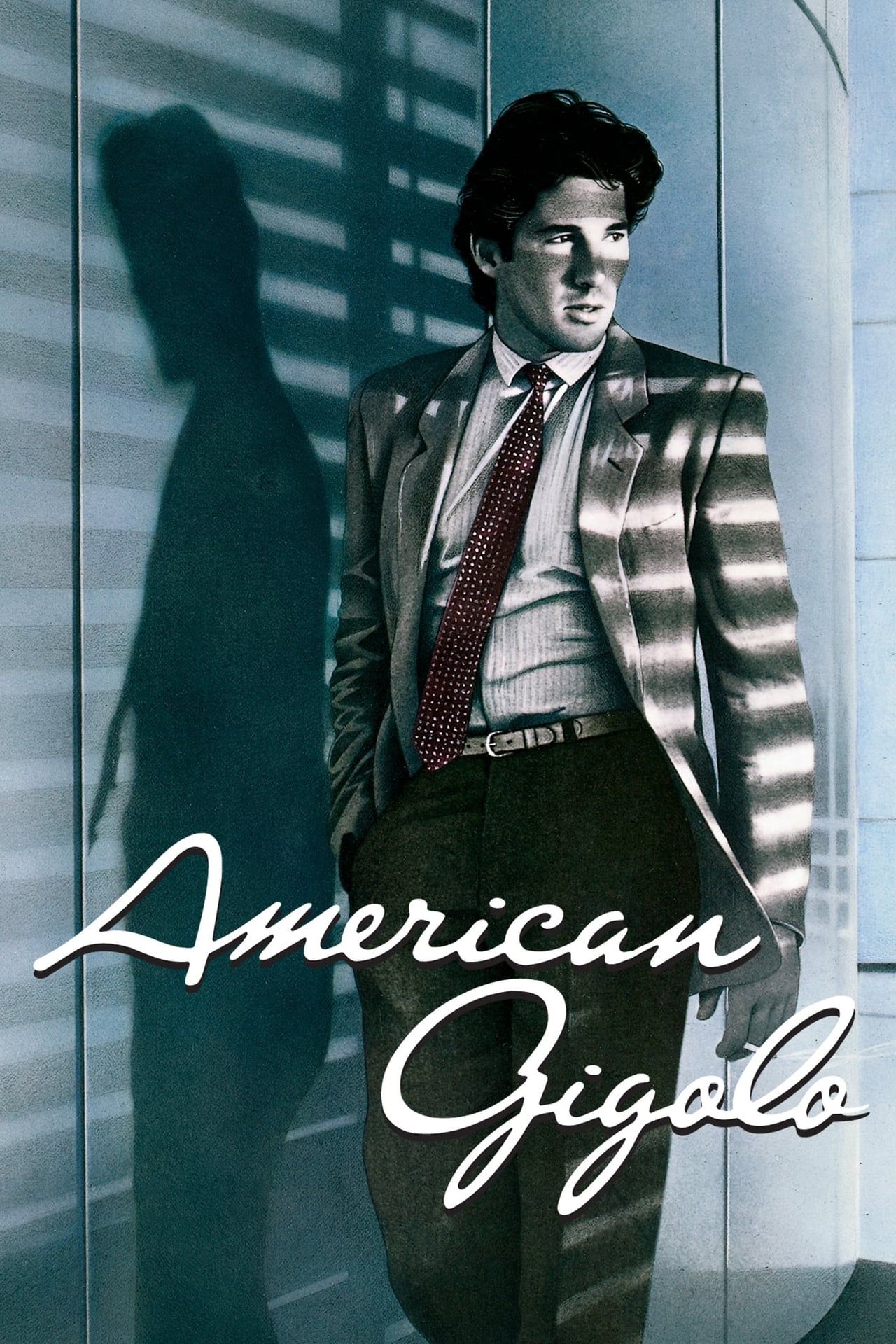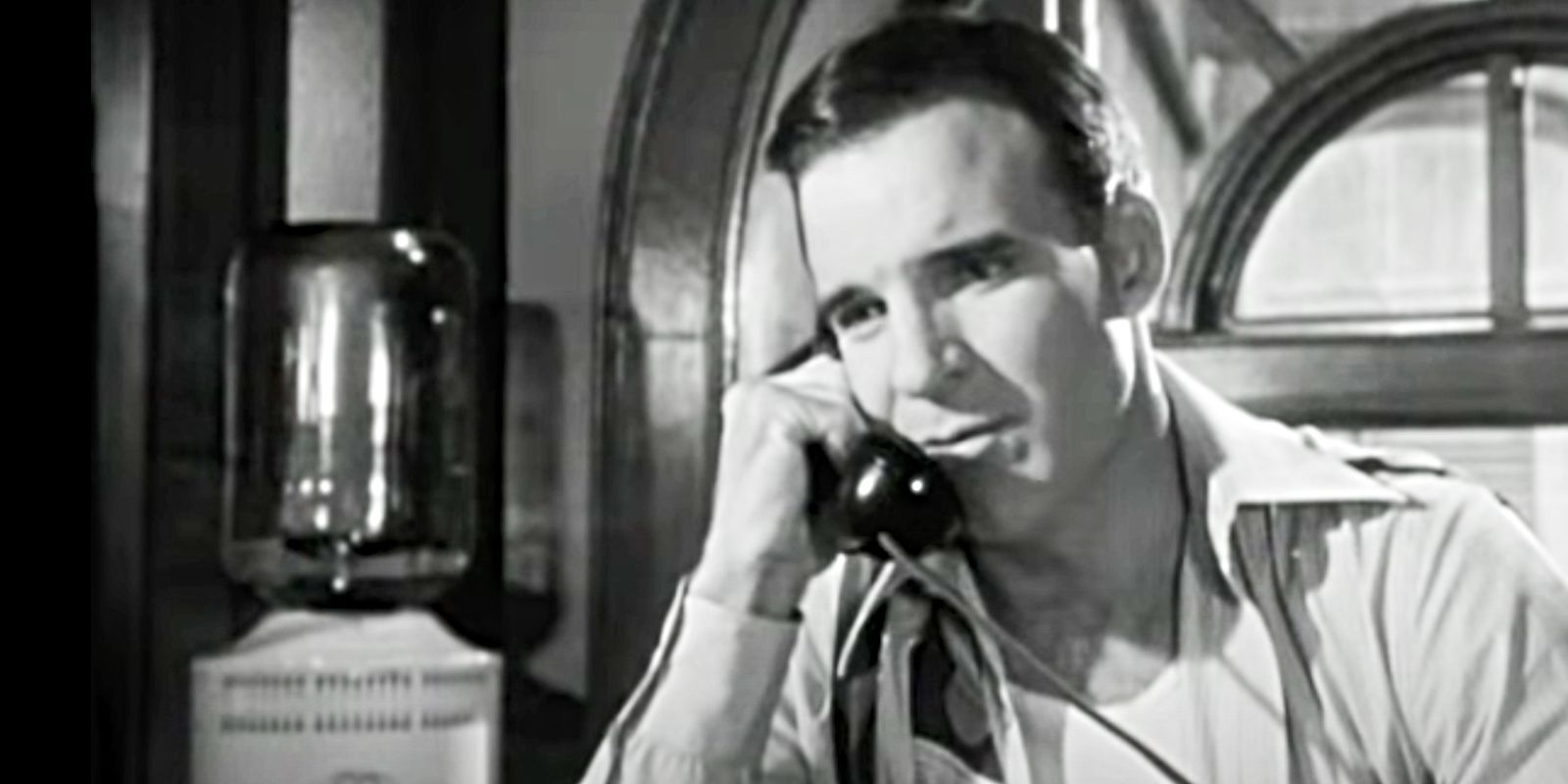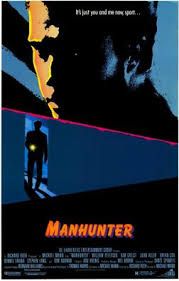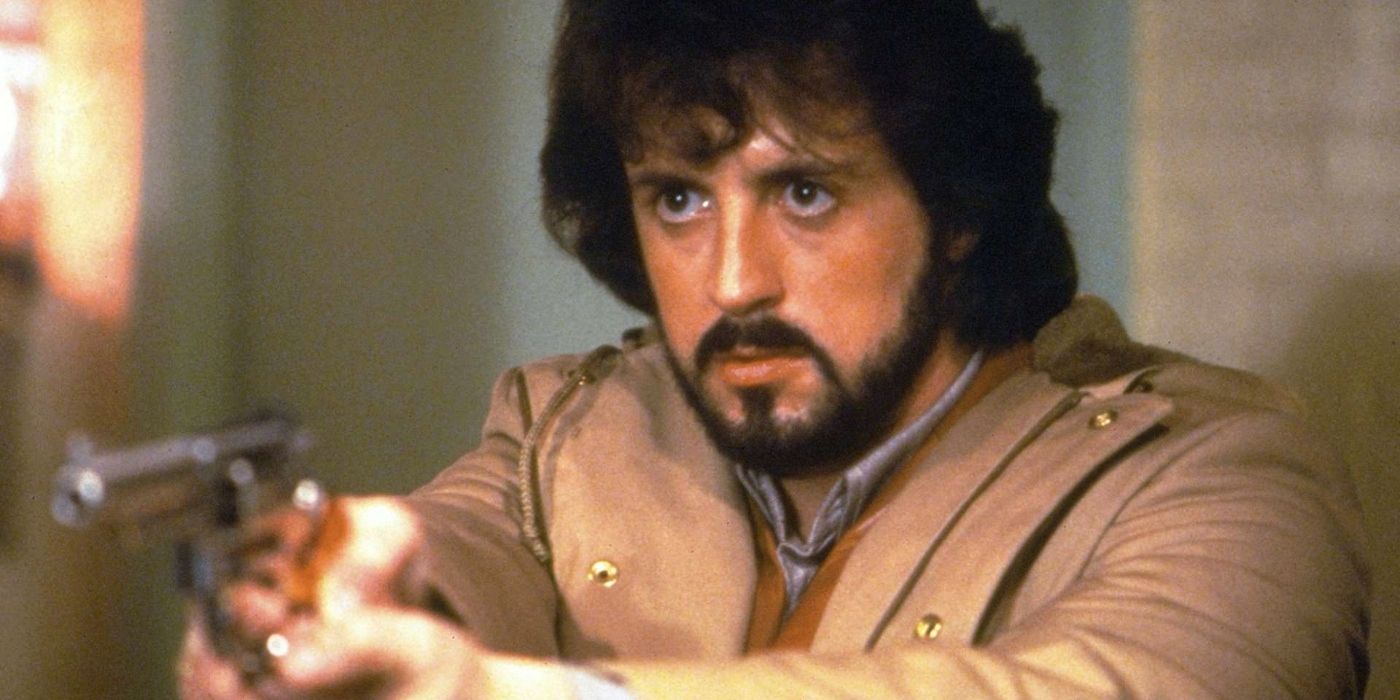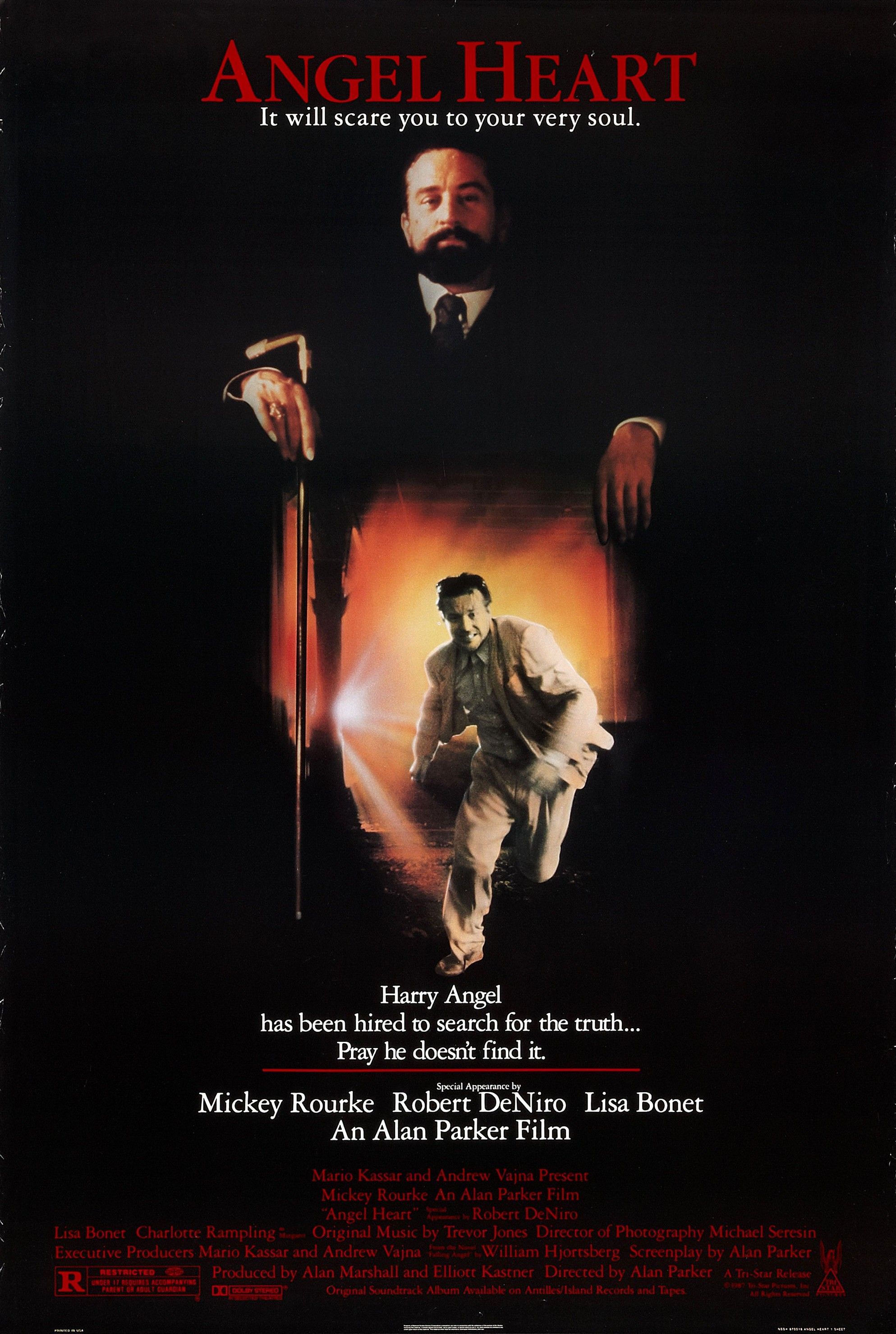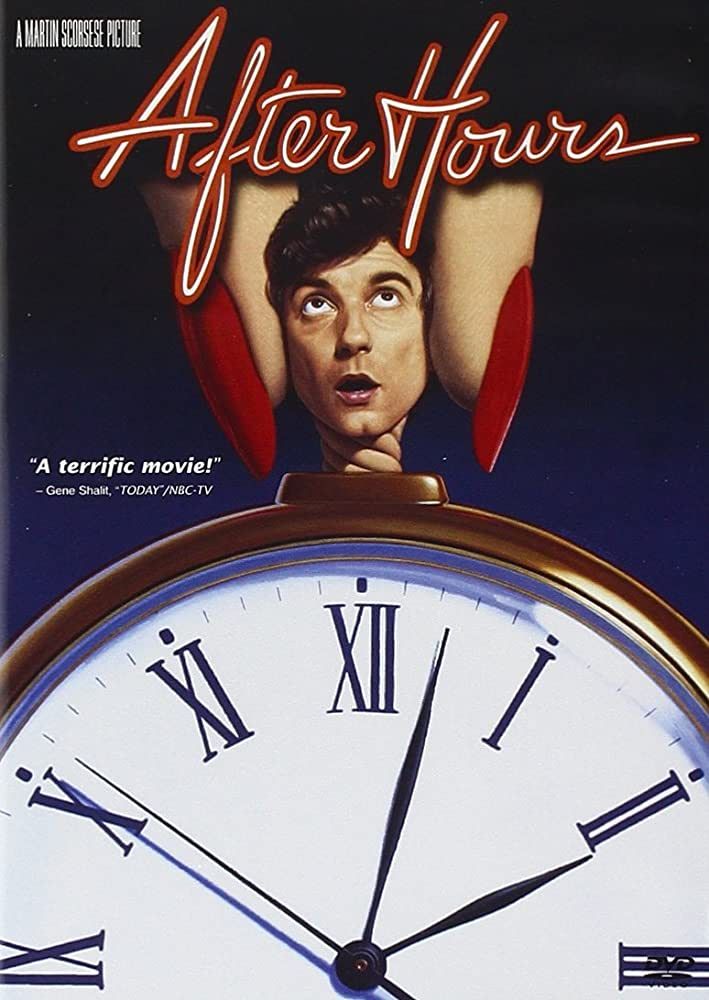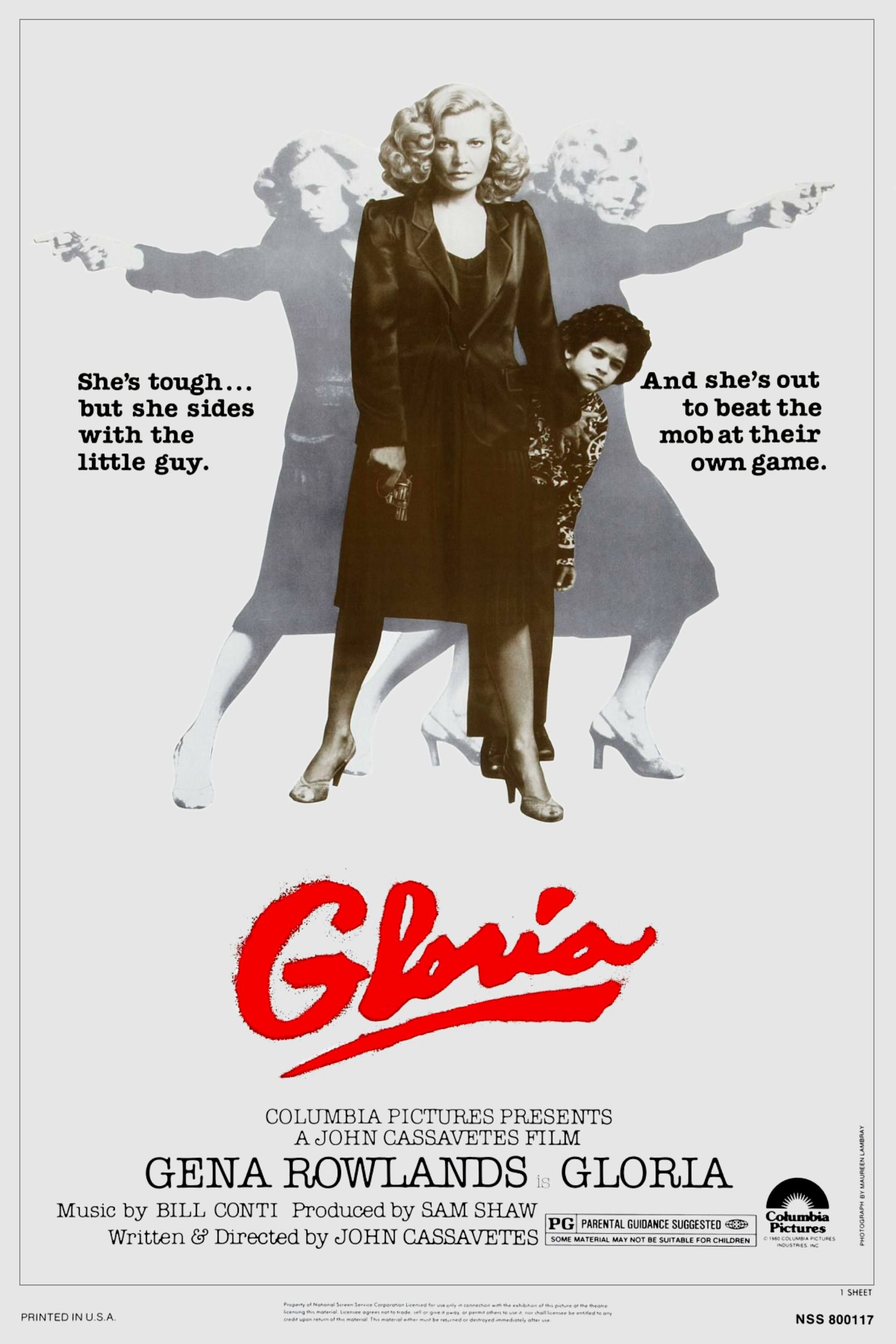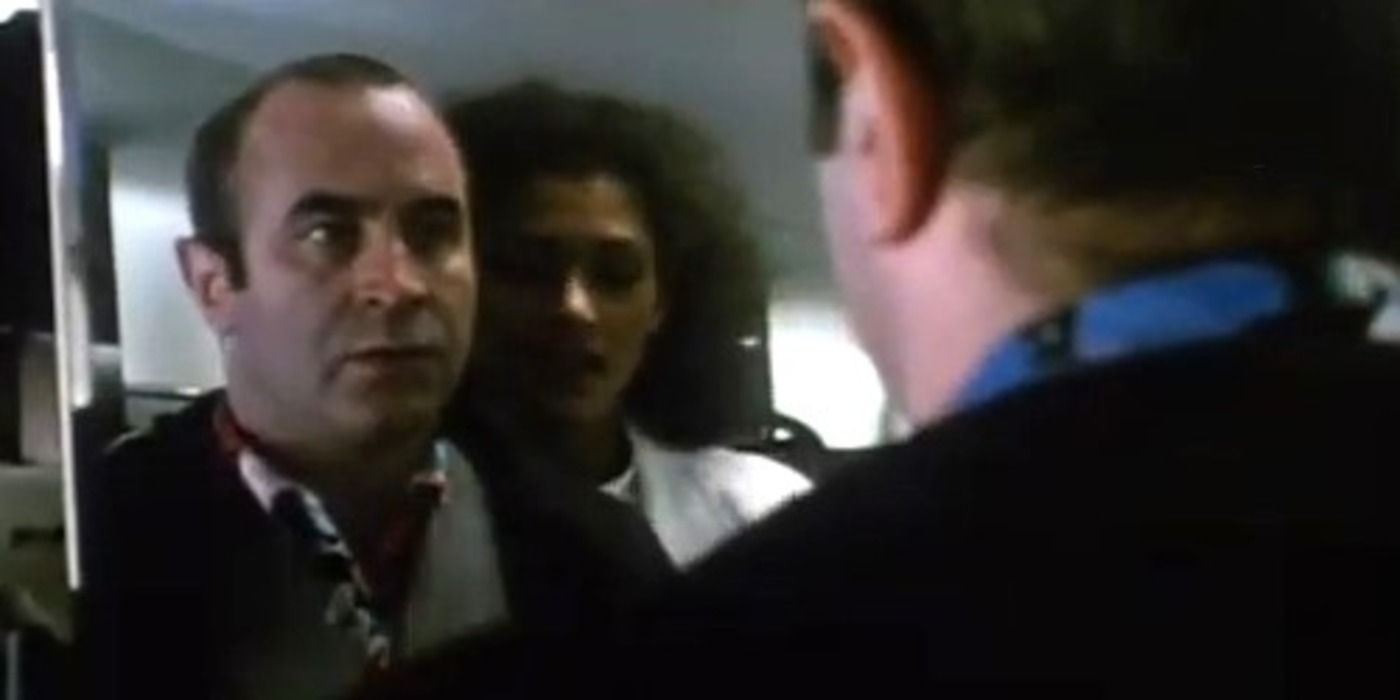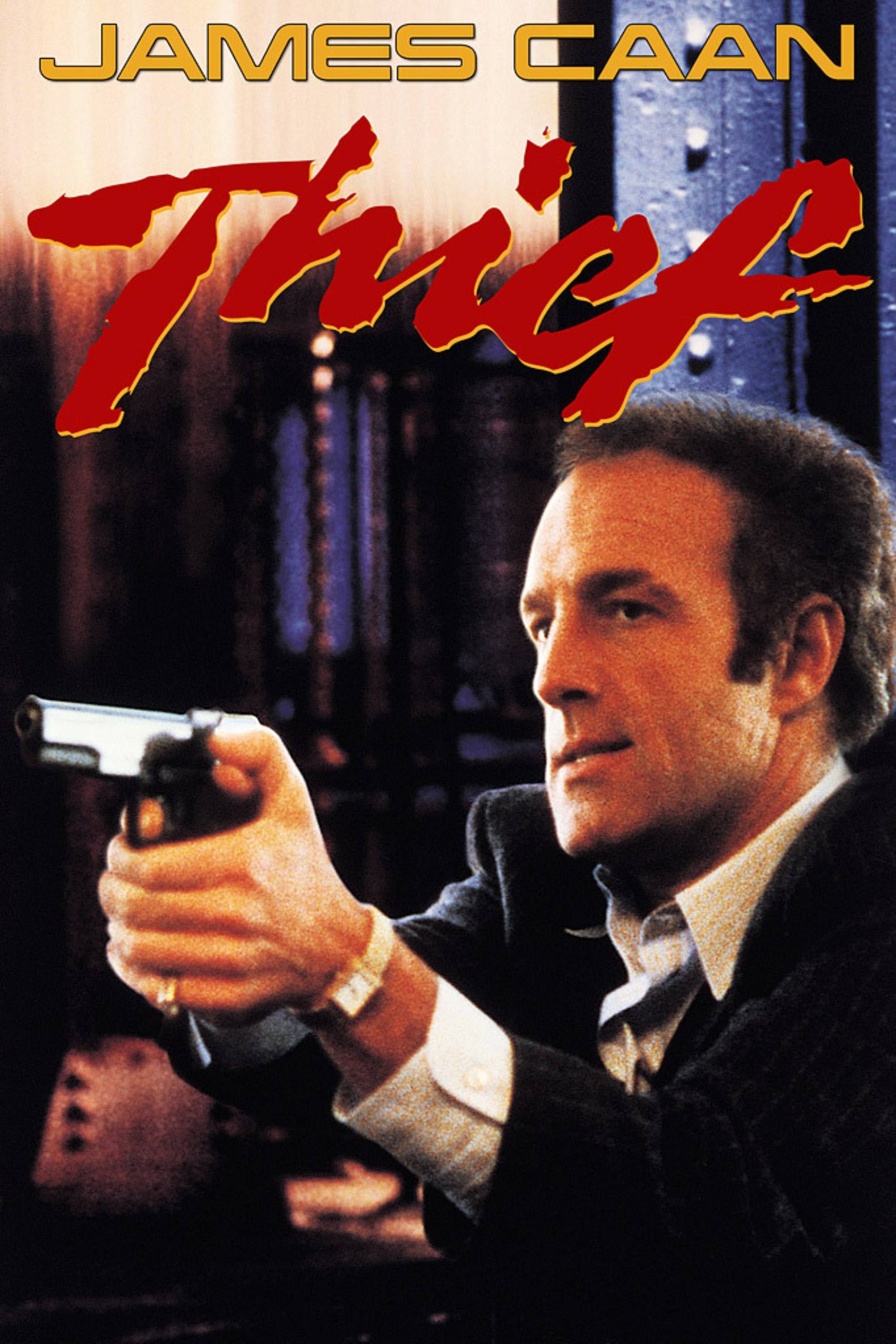Summary
- Best neo-noirs of the 1980s paid tribute to film noir while adding new elements, deserving more attention today.
- Underrated releases like Blue City and Manhunter had creative, quality storylines often overlooked.
- Iconic performances in films like Gloria and Mona Lisa subverted neo-noir stereotypes, adding new depth.
The neo-noir genre surged in popularity during the 1980s as countless acclaimed directors paid homage to movie aesthetics of the past while imbuing their films with something new. As a revival of film noir, noe-noirs took on the characteristics and style of gritty 1940s detective stories to depict modern crime dramas, psychological thrillers, and, in some cases, comedies. While some neo-noirs, such as David Lynch’s Blue Velvet, have received widespread acclaim and interest from modern viewers, there were plenty of other fantastic neo-noirs from the 1980s that were doomed to obscurity.
The best neo-noirs ever made paid tribute to film noir while also carving out something new, and many of the greatest releases came out during the 1980s. While neo-noir works by acclaimed directors like Martin Scorsese may not be entirely unknown, when compared to the rest of their body of work, they were massively underrated. Looking back on some of the lesser-known neo-noir releases of the 1980s, it’s striking just how much they were categorized by creativity, originality, and quality, and for this reason, they deserve far more attention from contemporary audiences.
10 Blue City (1986)
Directed by Michelle Manning
While the neo-noir genre may not be the first thing viewers associate with members of the Brat Pack, Judd Nelson and Ally Sheedy confounded these expectations in Blue City. As an action thriller with plenty of noir elements, Nelson played a young man returning to his corrupt small town to avenge the death of his father. Sadly, Blue City was slated by critics upon release, as both Nelson and the director, Michelle Manning, bore the brunt of the movie’s negative reception.
However, looking back on Blue City today revealed an interesting adaptation of the original novel by Ross Macdonald. With a storyline shift and casting choices that meant Blue City would appeal more to teen audiences rather than lovers of the original thriller book, it’s understandable that it was underrated during its time. But revisiting Blue City, there was a lot to enjoy from its fast-paced storyline, music by Ry Cooder, and some strong performances throughout.
9 American Gigolo (1980)
Directed by Paul Schrader
After already writing the screenplay for one of the greatest neo-noirs of the 1970s, Taxi Driver, filmmaker Paul Schrader took up directing duties for one of the most underappreciated neo-noirs of the 1980s with American Gigolo. While this was the film that established Richard Gere as a leading man and broke down boundaries as one of the first mainstream Hollywood films to include full-frontal male nudity, American Gigolo has not had as enduring a reputation as Schrader’s screenwriting work for Scorsese. This was a shame, as interested viewers would discover a fascinating study into the nature of loneliness.
American Gigolo was a compelling drama that shed light on the darkest aspects of the human experience. With Gere playing a high-priced escort, this story soon grew into a conspiracy as he became the prime suspect in a murder case as he carried out an affair with a prominent politician’s wife. Much like in Taxi Driver and Schrader’s later 1992 film Light Sleeper, American Gigolo was a gritty and insightful psychological investigation into isolated and morally complex male characters.
8 Dead Men Don’t Wear Plaid (1982)
Directed by Carl Reiner
Dead Men Don’t Wear Plaid was a clever comedy that simultaneously made fun of and paid tribute to the film noir styles made famous during the 1940s. With Steve Martin as the private investigator Rigby Reardon, Dead Men Don’t Wear Plaid incorporated clips from 19 other films to have Martin interact with classic film stars of the era, such as Humphrey Bogart and Bette Davis. Through the use of dialogue from other films and new footage with Martin, Dead Men Don’t Wear Plaid created an entirely new mystery.
With plenty of farce and pastiche, Dead Men Don’t Wear Plaid was a unique film that would appeal to lovers of Martin’s distinctive style and film noir enthusiasts alike. Along with The Jerk, which was also directed by Carl Reiner, Dead Men Don’t Wear Plaid stood among Martin’s best movies and proved why he was one of the greatest comedians of this era. Dead Men Don’t Wear Plaid was intensely silly, but it was also made with so much love for its source materials that it must be commended.
7 Manhunter (1986)
Directed by Michael Mann
Michael Mann’s Manhunter not only boasted one of the best synth scores of the 1980s, but it was also among the most underrated neo-noirs of this era. As the first movie to feature the sinister serial killer, Dr. Hannibal Lecter, Manhunter has often been overshadowed by the incredible success of the Best Picture-winning thriller The Silence of the Lambs. However, viewers would miss out on a great film if they ignored this adaptation of Thomas Harris’s novel Red Dragon.
With a strong use of color and tints, as well as Mann’s signature utilization of the color blue, Manhunter effectively used its palette to indicate mood throughout this fascinating neo-noir thriller. While Manhunter was criticized upon release for being overly stylish, looking back on the film today was part of its appeal. Although Brian Cox’s portrayal of Dr. Lecter (credited in Manhunter as Dr. Hannibal Lecktor) can’t quite live up to Anthony Hopkins’ iconic performance, the film has since gained a cult following.
6 Nighthawks (1981)
Directed by Bruce Malmuth
Sylvester Stallone traded in the underdog sports hero persona he had cultivated as Rocky Balboa to play the gritty neo-noir cop Sergeant Deke DaSilva in Nighthawks. As a seedy New York police thriller, Nighthawks was a change of pace for Stallone, as this sadistic and bloody story got the heart of the sinister underbelly of urban life. As Sergeant DaSilva found himself on a newly formed anti-terrorist squad, he soon encountered a pair of lethal European terrorists in serious need of deneutralizing.
While Stallone received top billing in Nighthawks, it was Rutger Hauer’s performance as the psychopathic terrorist Wulfgar who must be commended for making this one of the most underrated neo-noir movies of the 1980s. A true homicidal maniac, Wulfgar was responsible for the deaths of hundreds of people and acted as a terrifying foe to come head-to-head with DaSilva’s no-nonsense police work. With plenty of action and a whole lot of style, Nighthawks was truly one of the greatest thrillers of the 1980s.
5 Angel Heart (1987)
Directed by Alan Parker
While it’s not easy to combine the neo-noir, thriller, horror, and murder mystery genres into one film, this was exactly what Alan Park pulled off with Angel Heart. As one of the most underappreciated releases in Robert De Niro’s career, what started as a New York cops investigation into the missing person Johnny Favorite soon devolved into a conspiracy of brutal murders in New Orleans. With a disturbing style and enticing allure, Angel Heart was a sinister thriller whose fractured narrative was a big influence on Christopher Nolan when he made Memento (via Metropolis.)
Considering Angel Heart’s dark twist ending and disturbing hypnotic aesthetic, the film deserves far more credit than it received for its influence on later filmmakers. The performances of Mickey Rourke as Harry Angel and Lisa Bonet as Epiphany Proudfoot, in particular, deserve praise, and the fantastic ensemble cast elevated Angel Heart’s seedy narrative to new heights. As a fusion between detective and supernatural stories, Angel Heart was a fascinating piece of 1980s neo-noir filmmaking.
4 After Hours (1985)
Directed by Martin Scorsese
While Martin Scorsese was known for directing some of the most acclaimed movies ever made, one of his most underrated projects was After Hours. As a black comedy with a neo-noir style, this darkly hilarious story stars Griffin Dunne as Paul Hackett, an office worker who, after a dull day at work, had a night that was anything but. By blending a film noir style with screwball comedy, Paul ended up having the worst night of his life as he sought to spend time with Marcy (Rosanna Arquette), an alluring Soho resident he connected with at a coffee shop.
Part of the appeal of After Hours was its overwhelming paranoia as Paul fell ever deeper into a nighttime conspiracy characterized by frantic energy and unpredictability. As one of the most overlooked entries in Scorsese’s vast filmography, it was also among his most original and idiosyncratic. After Hours was a satirical story with a lot to say about the soulless nature of yuppie culture during the 1980s and workers’ lives that were filled with false promises, as things never quite worked out how they wanted them to.
3 Gloria (1980)
Directed by John Cassavetes
While tough-guy leading men were the norm during the heyday of film noirs in the 1940s, the neo-noir genre turned this one on its head with Gena Rowland’s incredible performance in Gloria. By breaking out of the femme fatale stereotype trappings of women in noir films, Rowland as Gloria Swenson was truly spellbinding as she sought to take on the mob and beat them at their own game. With the story of a gangster’s former girlfriend on the run with a six-year-old boy, Gloria was a pulpy success made even better through the assured direction of John Cassavetes.
With a fun and engaging script and a tough and, at times, silly story, Gloria was a film packed with energy and spontaneity. From its gritty buildings and busy, bustling streets, Gloria captured something special about New York City in the 1980s and was a powerful look at a particular place and time in American social and popular culture. Gloria was a dank and dark misadventure that truly encapsulated everything a good neo-noir should by taking the conventions of the older film noir genre, subverting audience expectations, and adding something new to it.
2 Mona Lisa (1986)
Directed by Neil Jordan
Bob Hoskins received widespread acclaim and even an Academy Award nomination for his incredible performance in the dark neo-noir crime drama Mona Lisa. However, despite universal praise from critics, Mona Lisa has not gained the same type of widespread recognition among contemporary audiences as classics such as David Lynch’s Blue Velvet. With Hoskins, Cathy Tyson, and Michael Caine in the three lead roles, Mona Lisa was categorized by its trio of fantastic performances.
Mona Lisa told the story of an ex-con who, after being released from prison, gained a job driving a call-girl from job to job. As a dark, twisted love story with atmosphere to spare, Mona Lisa was a moving and memorable crime film and a complex mystery aimed at adult viewers. There was something hypnotic about this film’s melancholic allure, as viewers can’t help but feel for Hoskins and his wayward, unrequited love.
1 Thief (1981)
Directed by Michael Mann
Thief was a neo-noir heist film that proved nobody can soon nightlife better than director Michael Mann. With James Caan as an ex-con safecracker trying to get on the straight and narrow, Mann’s feature film debut was a highly stylish anti-hero story that stood as one of the best movies of 1981. However, despite its incredible quality and strong performances, Thief has not remained part of public conversation and rarely gets mentioned by anyone except film connoisseurs when discussing the best movies of the 1980s.
The lack of widespread recognition for Thief was a real shame because everything about this movie just worked. From its incredible score by Tangerine Dream to its dark exploration of the falsities of the American Dream, Thief was a truly intelligent thriller and an impressive start to Mann’s career as a feature film director. While Mann’s most acclaimed film, Heat, has often dominated the conversation around his career, looking back on Thief, it’s striking how similar the two films were to one another.
Source: Metropolis



